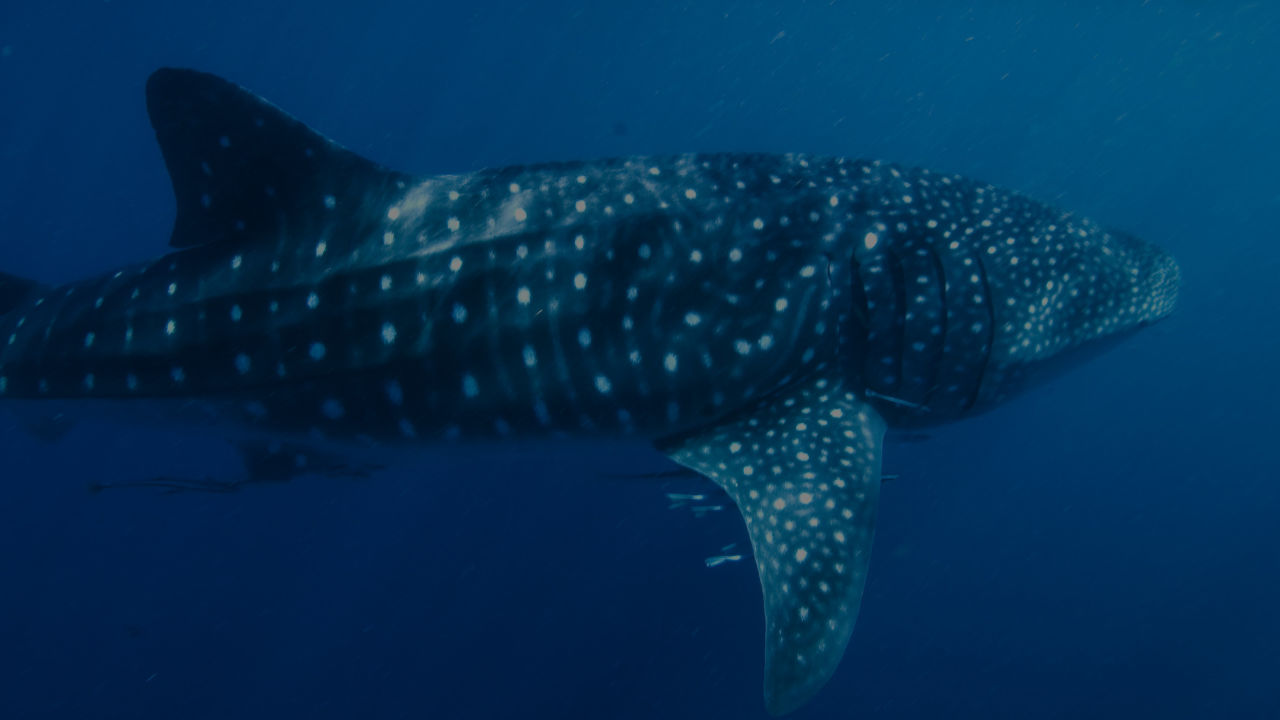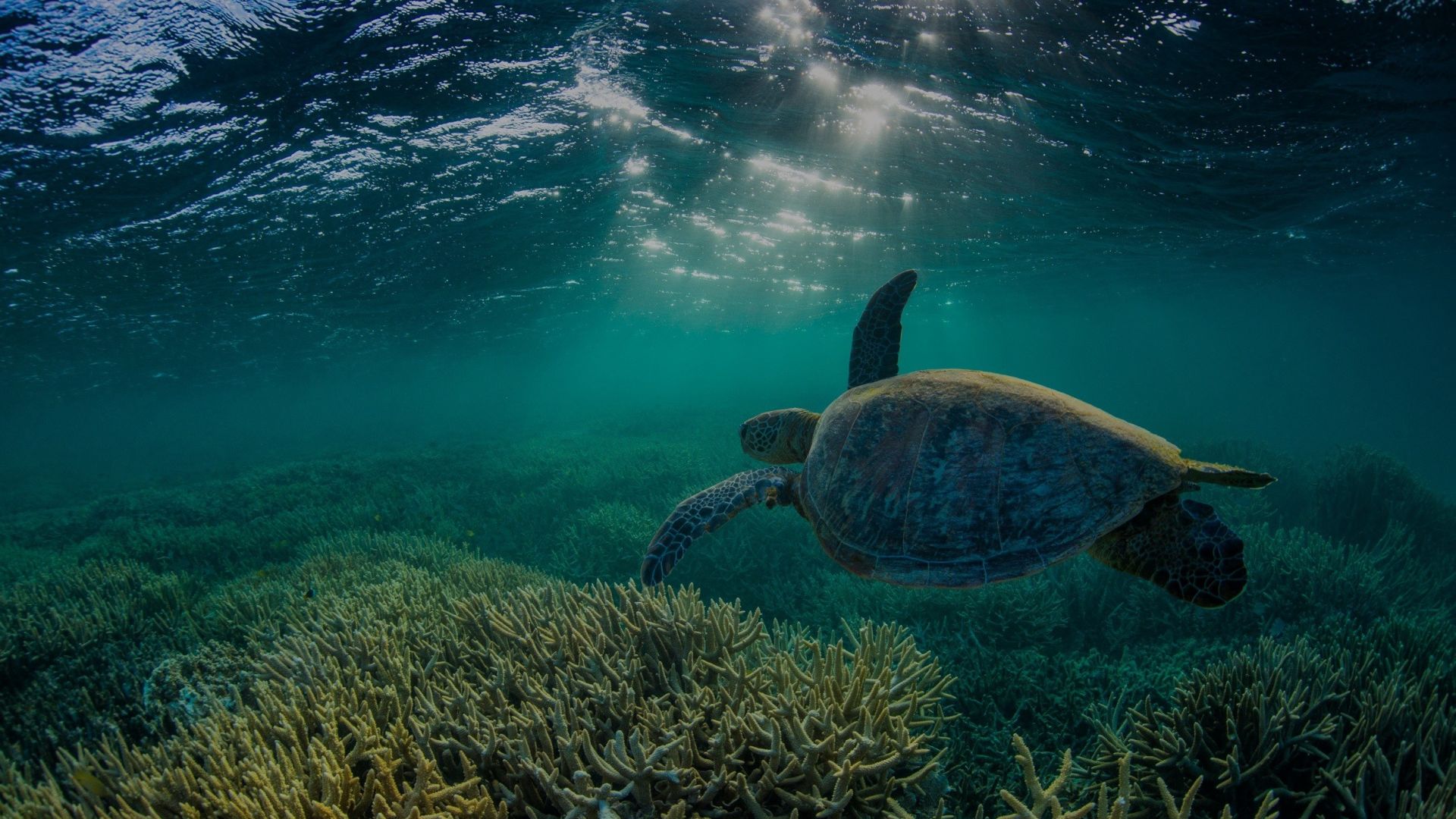News ·
Five fascinating facts about whale sharks
Whale sharks are the world’s largest living fish, with fully-grown adults weighing as much as three elephants.

Despite their size, these ocean giants travel thousands of kilometres a year. Several species migrate to Australia’s warm waters between April and July every year, visiting our Great Barrier Reef on the East coast and Western Australia’s Ningaloo Reef.
Part of the shark family, whale sharks grow to 18 metres long and weigh up to 19 tonnes. They can dive more than a kilometre deep but are often found swimming close to shore. Divers and snorkellers flock to Ningaloo Reef each year for the chance to swim with these gentle giants.
Here are five fascinating facts about these unique creatures:
1. Whale sharks are filter feeders
Despite having thousands of teeth, whale sharks don’t use them to eat. Instead they open their mouths, which are up to 1.5 metres wide, and swallow their food whole. They use their gills to filter the food — including tiny plankton, small fish and crustaceans — from the water.
2. Whale sharks have teeth on their eyes
Many species of sharks, including whale sharks, are covered in teeth-like scales that give their skin a rough texture. But recent studies have found some whale sharks have these tiny teeth, called dermal denticles, on their eyeballs — a feature not seen in any other vertebrates.
3. Whale sharks are ovoviviparous
This means females produce eggs that hatch inside them. They give birth to live young and can produce around 300 babies at a time. Female whale sharks are usually larger than males — which is true for most species of shark.
4. Whale sharks are cartilaginous
This means their skeleton is made of cartilage rather than bone. All sharks, skates and rays are cartilaginous.
5. Whale sharks live long lives
While they typically live to between 70 and 100 years old, these sharks don’t start reproducing until they are around 30 years old.
Sadly, whale sharks are listed as endangered, meaning their population is declining.
Rising temperatures, pollution and ocean acidification threaten whale sharks, which are also frequently caught in fishing nets and killed by ships’ propellers.
The Great Barrier Reef Foundation is saving our Reef and its marine life. Right now, we’re delivering more than 100 Reef-saving projects, including our Resilient Reefs Initiative. We’re partnering with local reef communities at five UNESCO World Heritage Reef Sites, including the Ningaloo Coast, to find ways to help coral reefs, and the marine life that depends on them, to thrive in the face of changing conditions.
Find out more about our Resilient Reefs Initiative here.

#The Reef needs our help
Help protect the Reef and the animals that call it home.




